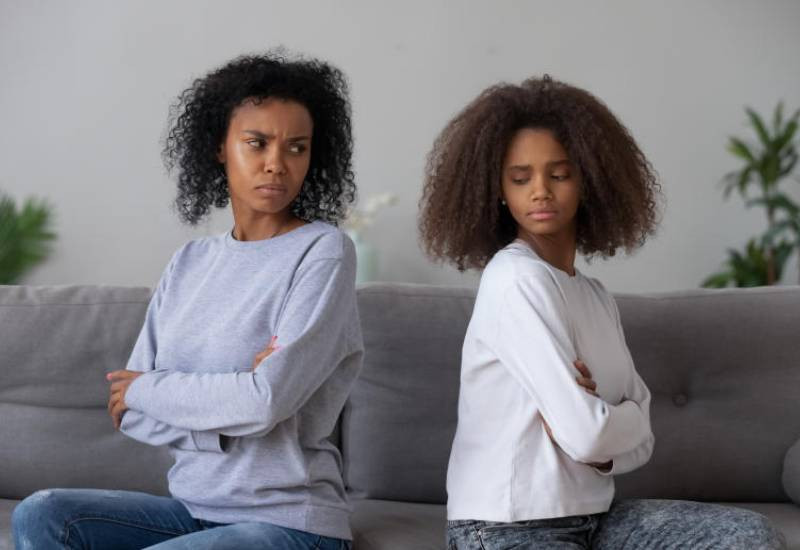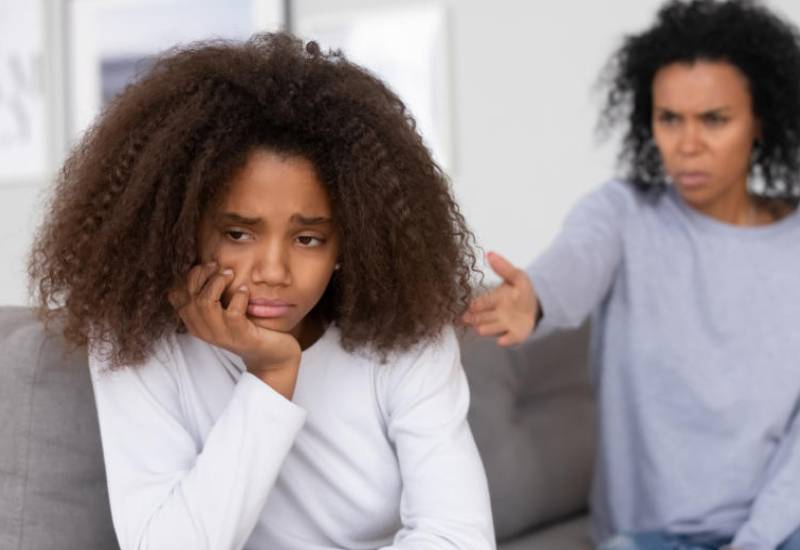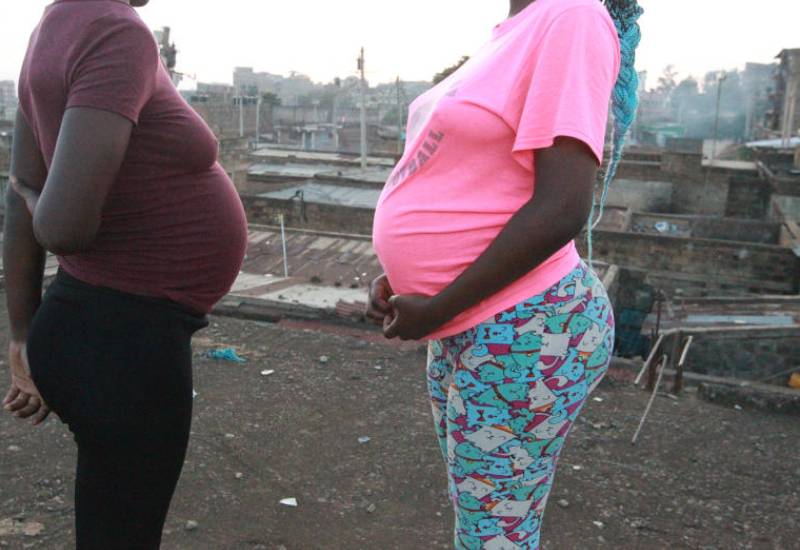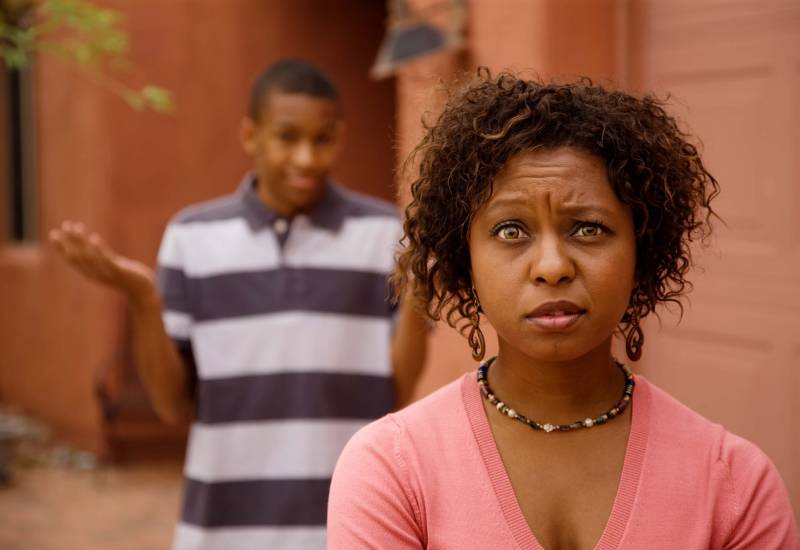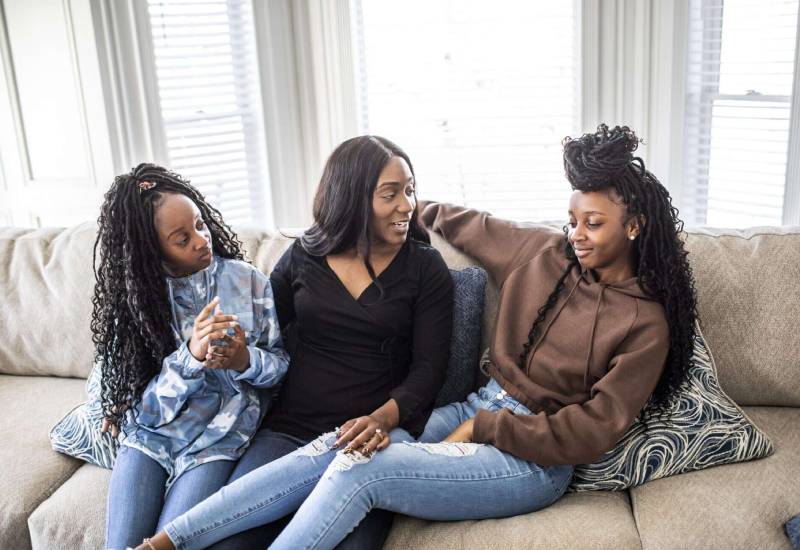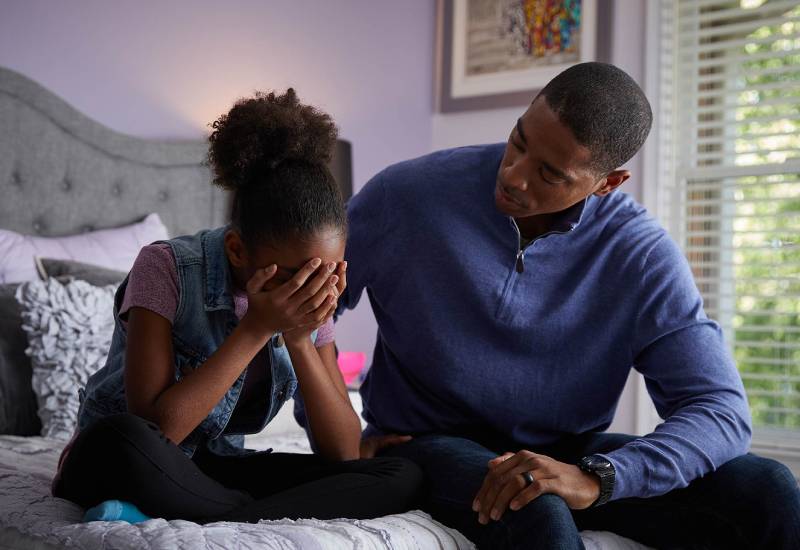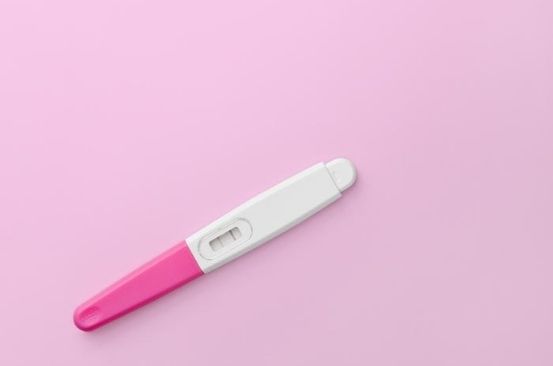
Forty-six-year-old James Kande, from Nyeri, has never been intimate with anyone.
“No woman – except my mother when I was a child – has ever seen my nakedness,” he says.
Kande is an auditor. He is also a Catholic, who believes in “natural law.” He is among bold Kenyans who vocally oppose laws and policies that seek to make contraception available to adolescents and teenagers.
Even though he has remained celibate “out of choice” Kande believes that only God is the author of life. “Nothing else should be allowed to control reproduction.”
“Sex should only be allowed within marriage. Outside marriage, stay celibate. Virginity and celibacy are the best ways to control population,” he says.
Proponents of contraception – those who want clear and progressive laws and policies on reproductive health to be made and adopted – would find Kande’s opinion too radical and uncalled for.
Mwikali Kivuvani, the Executive Director of SRHR Alliance Kenya, says; “The world where adolescents are celibate is utopia and it does not exist.
“We should be driven by data: which overwhelmingly show that young people are sexually active – whether we like it or not.”
Indeed, the news is awash with stories of pregnant teenagers; most of whom are not ready for motherhood and are aloof as to how they got there.
Take the case of 17-year-old Vivian from Bulanda, in Matayos sub-County, in Busia.
“I dropped out of school because of pregnancy,” she told this paper recently. She did not report to her Form Two class school last January “because the pregnancy had started showing,” she says.
This year’s International Women’s Day celebration was themed #BreakTheBias. How girls face bias as a result of teenage pregnancy will be part of the conversation.
“For instance, getting pregnant as a teenager affects if and when a girl will finish education, and hence their shot at a vibrant career, and being able to provide for herself,” Kivuvani says.
For a boy, she says, nothing much changes despite being an equal participant in the act.
“I contend that a boy might get a sexually transmitted infection (STI). Even so, girls are more susceptible to contracting STIs than boys.”
What happens to girls like Vivian? We posed this question to Angeline Ebu, an advocate for the needs and rights of the youth in Busia.
“Usually, they will panic and try an abortion. Some will die in the process or suffer terrible consequences. If she goes on to give birth, most likely she will never go back to school. She may just become another jobless single mother in the village,” Ebu said.
Miss Ebu shares on using contraceptive with her peers. Whenever she can, she will give them some. “The question is not whether they are having sex: it is if they will have safe sex,” she says.
In the latest edition of the Youth Family Planning Policy Scorecard by Population Reference Bureau (PRB), Kenya’s laws and policies on adolescent and youth access to sexual and reproductive rights – including contraception – has been rated better than most countries in Africa.
Article 6 (1) of the Constitution guarantees every person of reproductive age the right to reproductive health care, which includes the right to be informed about, and to have access to reproductive health services including safe, effective, affordable and acceptable family planning.
Regardless of law and policy, opinion is stark divided. Should adolescents and youth be afforded contraceptives – and perhaps comprehensive sexuality education (CSE)?
Cecilia Mwangi who has a daughter says that the old method of ignoring the topic of sex while warning girls not to ‘walk’ with boys won’t work in today’s world.
“Kids today are exposed and parents assume that kids don’t know ‘these things’. They do. And they are curious,” she says
Mwangi explains that there is a need for parents to teach their adolescents and teenagers about sex, sexuality and contraception. “You can’t just tell them, ‘don’t walk with boys’ and leave it at that. The reality of life is that this young person may not always abstain in spite of the advice.”
Christine Khasina, a mother of two boys, holds similar sentiments. She says: “Teaching your teenage daughter, or son, about sex, and imploring them to make informed choices, is pure empowerment. Because the reverse leaves them vulnerable to poor decisions that might affect the rest of their lives.”
Ann, a medical doctor who is a Catholic, is opposed to allowing adolescents and young people – or just any other person – to use contraception.
“Contraceptives are only addressing symptoms of the problem. It is not tackling the root of the problem. Contraceptives are chemical drugs that affect the body. And they are not even 100 per cent effective. Sometimes they fail,” she says.
“Young people just need to be taught the human dignity curriculum; which teaches them the dangers of engaging in pre-marital sex.”
On CSE, the doctor said: “It sounds nice but is not meant to educate but rather sexualise children; normalising sex among young people.”
CSE is one of the components captured in the Reproductive Health Bill of 2019. Both Ann and Kande were opposed to the Bill, which they say is anti-life. “Everything we do should be done with the knowledge that God is supreme. He is the author of life: not man,” Dr Ann says.
The 2019 bill, and its earlier version, Reproductive Health Bill 2014, were both shot down, almost entirely by voices from the religious community.
Kenya Conference of Catholic Bishops, National Council of Churches of Kenya and Supreme Council of Kenya Muslims have often been opposed to laws and policies that allow contraceptives and CSE.
In fact, the religious community opposed the 2010 Constitution as they argued that it was too liberal on matters of abortion and family planning services.
So, which way for adolescents and youth?
PRB annually updates the Youth Family Planning Policy Scorecard to measure and compare countries’ policy environment on youth access to family planning services.
The scorecard found that Kenya has no law or policy that explicitly allows an adolescent or a young person to access family planning services without having to get consent from a third party: a parent or a spouse.
This is perhaps in tandem with the conservative nature of Kenyan society.
Even so, Dr Kireki Omanwa, president of Kenya Obstetrical and Gynaecological Society, says: “It is important that we provide adolescents with age-appropriate sex education, that includes abstinence as a key option but also contraception.”
According to Dr Omanwa, evidence shows that thousands of young people are finding themselves in difficult situations due to sex.
“What we are recommending would surely cut on deadly backstreet abortions for which young people have more often than not been victims,” he says.
A review of studies on adolescent sexual health spanning 20 years, published in the Journal of Adolescent Health in September 2017, found that abstinence-only-until-marriage (AOUM) programmes are ineffective and causes stigma.
The review looked at studies on AOUM in the US. It concluded that while abstinence is 100 per cent effective at preventing pregnancy and STDs, many adolescents who intend to practice abstinence fail to actually do so, and when they do engage in sex, it’s often without a condom.
 The Standard Group Plc is a multi-media organization with investments in media platforms spanning newspaper print
operations, television, radio broadcasting, digital and online services. The Standard Group is recognized as a
leading multi-media house in Kenya with a key influence in matters of national and international interest.
The Standard Group Plc is a multi-media organization with investments in media platforms spanning newspaper print
operations, television, radio broadcasting, digital and online services. The Standard Group is recognized as a
leading multi-media house in Kenya with a key influence in matters of national and international interest.


